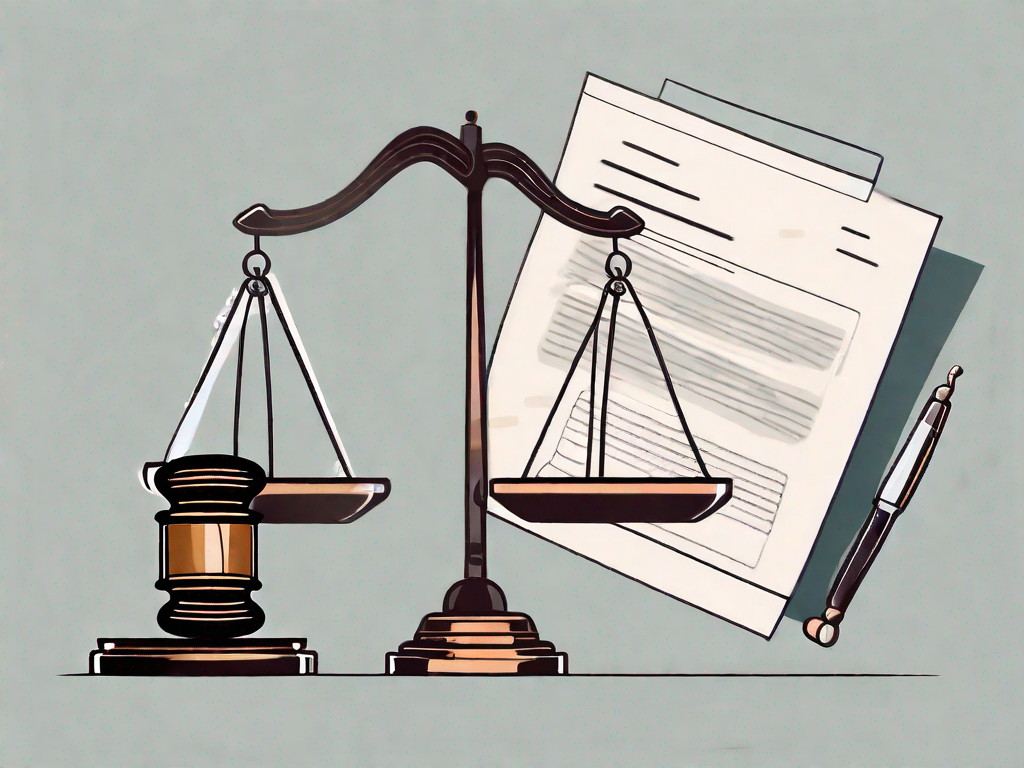Rei Vindicatio: An Action In Rem SC Clarifies: Applicant, Requisites & Burden of Proof
SC Upholds Prescriptive Title Based on ‘Presumption of Ouster’

Examining the principle of “presumption of ouster” in land disputes, the Supreme Court dismissed an appeal which challenged the prescriptive title of the Respondents. Allowing for prescriptive rights based on long, uninterrupted possession, played a central role in the case, as the Court found that the Respondents’ exclusive use of the land over several decades led to a presumption of ouster against the Appellant.
The case involved a marshy plot of land that the Respondents had developed and used for horticulture since 1972, while the Appellant—claiming ownership—filed suit in 2005 without evidence of prior occupation or possession. At trial, the Appellant was unable to establish ownership or present any evidence of possession, a primary requirement in a rei vindicatio action. Notably, the Appellant’s arguments of “leave and license” or “co-ownership” only emerged during Supreme Court submissions, and the Court found these claims were not substantiated by evidence nor raised in cross-examination of the Respondents’ witnesses.
The Appellant also contended that the Respondents failed to pinpoint the exact start date of their adverse possession, thus calling into question their prescriptive title. Given the unchallenged evidence of possession by the Respondents, the Court upheld the presumption of ouster, affirming their prescriptive title. The Appellant’s failure to substantiate ownership at trial, as well as the introduction of co-ownership and leave-and-license claims only at the appeal stage, further undermined the appeal. Ultimately, the Supreme Court upheld the High Court’s decision and ordered the Appellant to pay costs of Rs. 50,000 to the Respondents.
“…A recent judgement of this Court, Serasinghe Vidanalage Somalatha v. Aluthgamage Albert SC/Appeal 35/2018 – S.C. Minutes 14.11.2023 too, sheds light to this issue. In the said case Aluwihare, J., discussed Corea v. Appuhamy 15 NLR 65, Thilekeratne v. Bastian (Supra), and quoted Angela Fernando v. Devadeepthi Fernando (2006) 2 SLR 188 to observe;
“Ouster does not necessarily involve actual application of force. The presumption of ouster is drawn in certain circumstances when exclusive possession has been so long continued that it is not reasonable to call upon the party who relies on it to adduce evidence that at a specific point of time in the distant past there was in fact a denial of the rights of the other co-owners.” “The presumption of ouster is an exception to the general rule which can be invoked when there are special circumstance in addition to the fact of undisturbed and uninterrupted possession for the requisite period of 10 years.”
Whilst, I re-iterate the above sentiments, I am of the view, in the instant Appeal the Respondents’ long and continuous possession; no claim being made by the Appellant to the improvements and the plantations; payment of assessment taxes by the Respondents; and based on several other material evidence adduced at the trial, a reasonable inference could be drawn that the Respondents’ possession had become adverse to the Appellant, for more than 30 years. In the said circumstances the presumption of ouster would come into play and we see merit in the submissions made by the learned Counsel for the Respondent, that this Appeal cannot be maintained before a court of law…” – Chief Justice Murdu N.B. Fernando PC
Rei Vindicatio: An Action In Rem
SC Clarifies: Applicant, Requisites & Burden of Proof
“…There is no doubt that the rei vindicatio action is the major remedy conferred by the Roman-Dutch Law on an owner who had been deprived of his property. The jus vindicandi, or the right to gain possession of one’s property, is a significant attribute of ownership in the Roman-Dutch Law. Voet in his Commentary at Vol 6.1.2 states as follows; “From the right of ownership springs the vindication of a thing, that is to say, an action in rem by which we sue for a thing which is ours but in the possessions of another.” Thus, an applicant for a rei vindicatio action ought to have a real right in the property. As dominus he has the right of possession and occupation of the property against all the world, a right in rem, save and so far as he has parted with his right to such possession and occupation. Thus, the requisites of a rei vindicatio action is that the plaintiff is the owner of the property and the property is in the possession of the defendant. Our courts have constantly held that when the defendant is in possession of the land in dispute, the burden is on the plaintiff to prove that he has dominum. [Ref. Wanigaratne v. Appuhamy 65 NLR 167; Peeris v. Saunahamy 54 NLR 207; Abeykoon Hamine v. Appuhamy 52 NLR 49 and De Silva v. Goonetileke 32 NLR 217] Our court have been unanimous in holding that dominum or ownership is proved though the chain of title running into many years or as far as you could remember, and the burden or the onus probandi is on the plaintiff to prove dominum….”
– Chief Justice Murdu N.B. Fernando PC
Case No: SC Appeal. 25/2018 [Decided on 16.10.2024]
Before: Jayantha Jayasuriya, PC, CJ. Murdu N.B. Fernando, PC, J and S. Thurairaja, PC, J.
In a circle:………..







